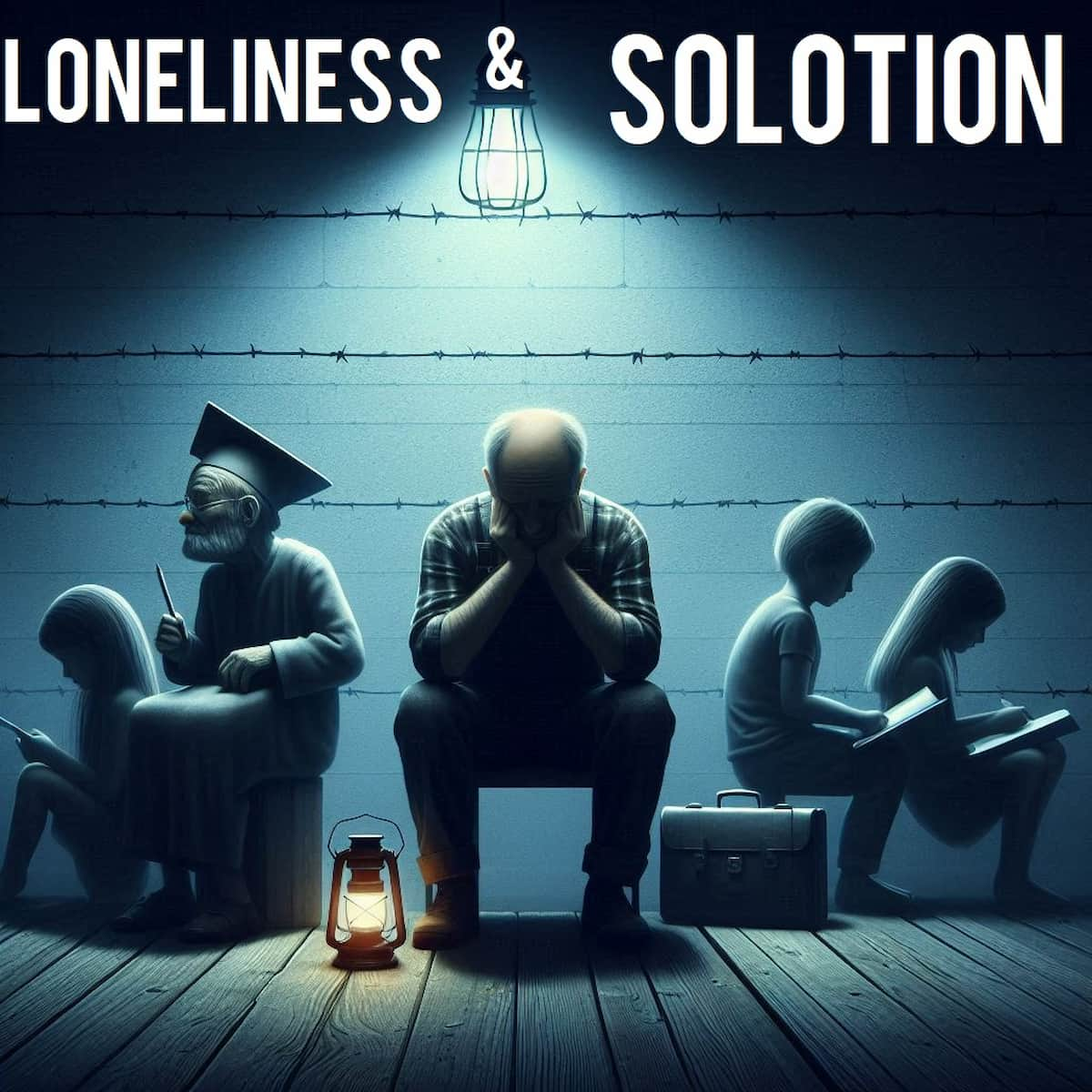Loneliness is a silent adversary that affects many military personnel, both during their service and after returning to civilian life. Despite the camaraderie and sense of purpose that military life often provides, feelings of isolation can still creep in, impacting mental health and well-being. Understanding the unique factors contributing to loneliness in military personnel and exploring strategies for support and connection is vital for addressing this issue.
Key Takeaways:
- Military personnel experience loneliness due to factors such as deployment, frequent relocations, and difficulty transitioning to civilian life.
- Coping with loneliness involves seeking support from fellow service members, accessing mental health resources, and building connections within the military community.
- Cultivating resilience and finding meaning in post-military life are essential for combating loneliness and promoting well-being.
Unveiling Loneliness in Military Personnel
The nature of military life presents various challenges that can exacerbate feelings of loneliness among service members:
| Factors Contributing to Military Personnel Loneliness |
|---|
| Deployment Separation |
| Frequent Relocations |
| Difficulty Transitioning to Civilian Life |
| Post-Traumatic Stress Disorder (PTSD) |
| Loss of Military Identity |
Coping Strategies for Military Personnel
Coping with loneliness in the military requires resilience and proactive measures to maintain connections and seek support:
Lean on Fellow Service Members
- Buddy System: Establish close bonds with fellow service members for mutual support during deployments and transitions.
- Unit Camaraderie: Foster a sense of camaraderie within your unit through team-building activities and shared experiences.
Access Mental Health Resources
- Counseling Services: Take advantage of mental health resources provided by the military, such as counseling and therapy services.
- Peer Support Groups: Participate in peer support groups for service members facing similar challenges and experiences.
Build Connections Within the Military Community
- Family Support Programs: Engage with family support programs offered by the military to connect with other military families and share resources.
- Veteran Organizations: Connect with veteran organizations and support networks to build connections and access resources post-service.
Cultivating Resilience and Finding Meaning
Cultivating resilience and finding meaning in military service and post-military life are crucial for combating loneliness:
- Find Purpose: Seek out opportunities for meaningful work and contribution, both within the military and in civilian life.
- Stay Connected: Maintain connections with fellow service members and military communities, even after leaving the service.
- Seek Professional Help: Don’t hesitate to seek professional help if feelings of loneliness persist or impact mental health and well-being.
Conclusion
Loneliness is a prevalent issue among military personnel, but it’s not insurmountable. By understanding the unique factors contributing to loneliness in the military, accessing support from fellow service members and mental health resources, and cultivating resilience and finding meaning, military personnel can navigate feelings of isolation and thrive both during and after their service. Remember, you’re not alone in facing this challenge, and reaching out for support is a sign of strength, not weakness.












